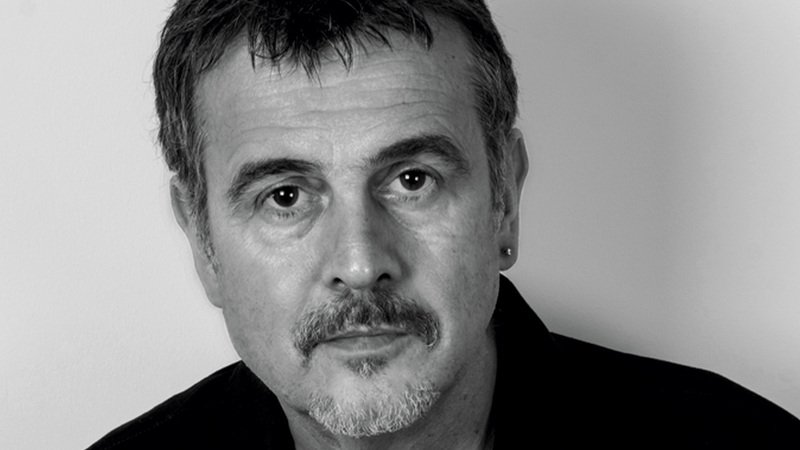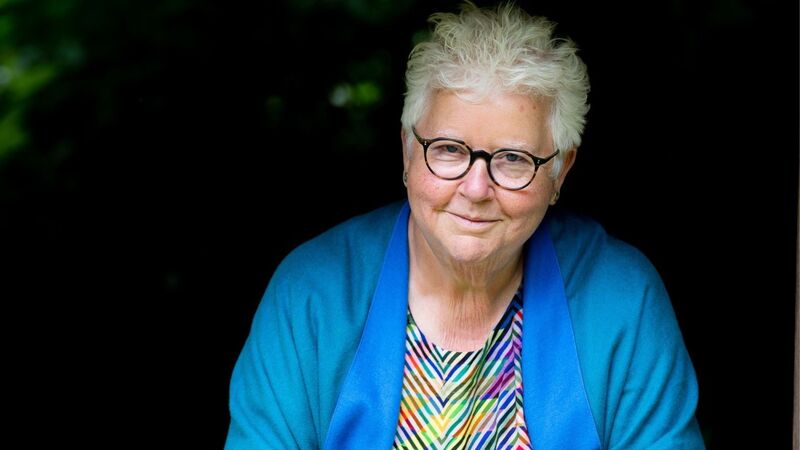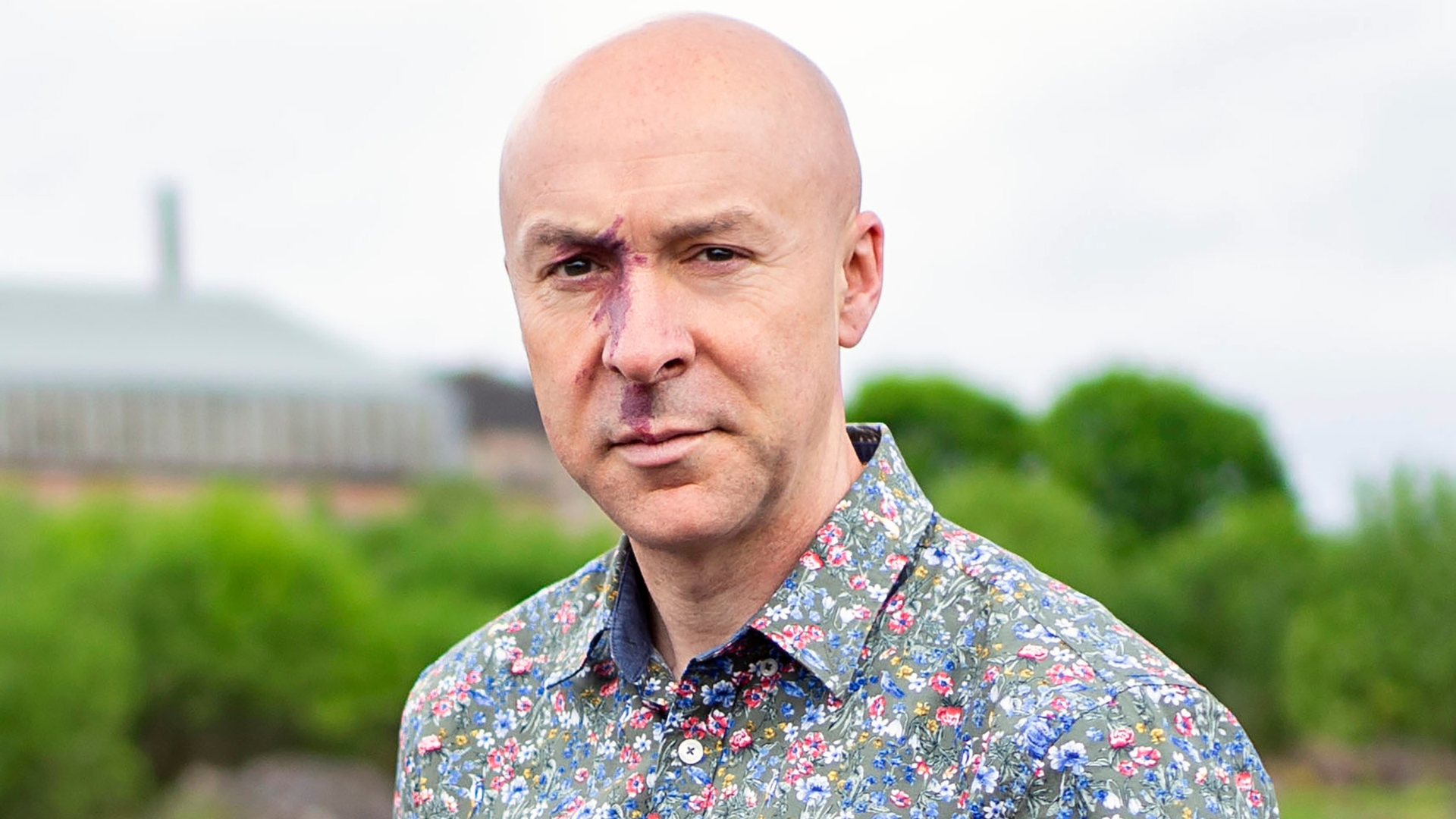You are viewing your 1 free article this month. Login to read more articles.
Chip Lit Fest remunerates author hours
Chipping Norton Literary Festival will pay the authors who appeared at this year’s event just under £100 per hour of work as part of its new profit share scheme.
The festival, which was first held in 2012, previously paid authors their accommodation, subsistence and travel expenses, but not an additional appearance fee.
As of this year’s event, which ran from 23rd–26th April, the festival will pay authors using a “co-operative” profit share agreement. This year’s fees will be paid to authors in the coming weeks, with organisers calculating that the 2015 festival and related events, such as school visits, amounted to 87 “author hours”. An author hour is worth just under £100 for 2015, incoming festival director Jenny Dee told The Bookseller.
“It’s exciting for us,” said Dee, who was previously founder and director of theatre company Caught in the Act. “We haven’t done this before and it has not been done before as far as we know. We would love it to be more [money], but it is not an insulting amount, I don’t think. It is a great platform for us.”
Author John Dougherty, who is a patron of Chipping Norton Literary Festival, said he took on his role because “from the outset . . . the team was determined to move as quickly as possible to the point where they could pay participating authors.
“I’m immensely proud that the festival has reached that point in such a creative and generous way—I say ‘generous’ because none of the organising committee are taking part in the profit share, even though they put in a huge amount of time across the year,” he said.
“I love the fact that the profits are shared so equitably— there’s no pandering to the idea of star names; everyone’s contribution is considered to be of equal value. And although the profit share this year isn’t huge, it’s respectable—and compares very well with some of the larger and more established festivals.”
Writer Mark Billingham, who is also a patron, said: “What [CNLF] is doing should make some bigger and better-established festivals look to their laurels. When there are still festivals which persist in not paying authors equally—or worse, not paying them at all—a genuine profit share like this is a long-overdue initiative and one which will be hugely welcomed by authors.”
Some festivals offer a fixed fee to authors doing events. This year Edinburgh International Book Festival, which ran until 31st August, paid authors £200.
Dee said that the profit share scheme was currently the best way to ensure authors appearing at Chipping Norton Literary Festival were paid. “It’s all very well to pay for trains and for supper but this is an author’s job,” said Dee. “Although it looks like a lot of fun, actually a lot of the time it’s quite a threatening working environment because you don’t know what’s happening next.
“We have looked at our options to provide a fixed fee up front but we haven’t felt confident that the festival could provide that as yet. We have looked at our version of the Third Way, which is to make the festival as good as possible and as financially stable as possible so we can then share out the takings.”
All authors will be paid at an equal rate, with Dee stating that she thought authors would “appreciate that”. Making public the rate at which authors will be paid will hopefully encourage more discussions about payment and the arts, she added.
“We are looking for this kind of openness and transparency to show this is how far we have got—so far,” she said. “By being very honest about it we hope to progress the conversation, perhaps not just for literary festivals but also for the arts and how they are paid for.
“As the incoming festival director I have to make money and keep making a profit. We may be laying our necks on the line but I am proud of where the festival is.”




















